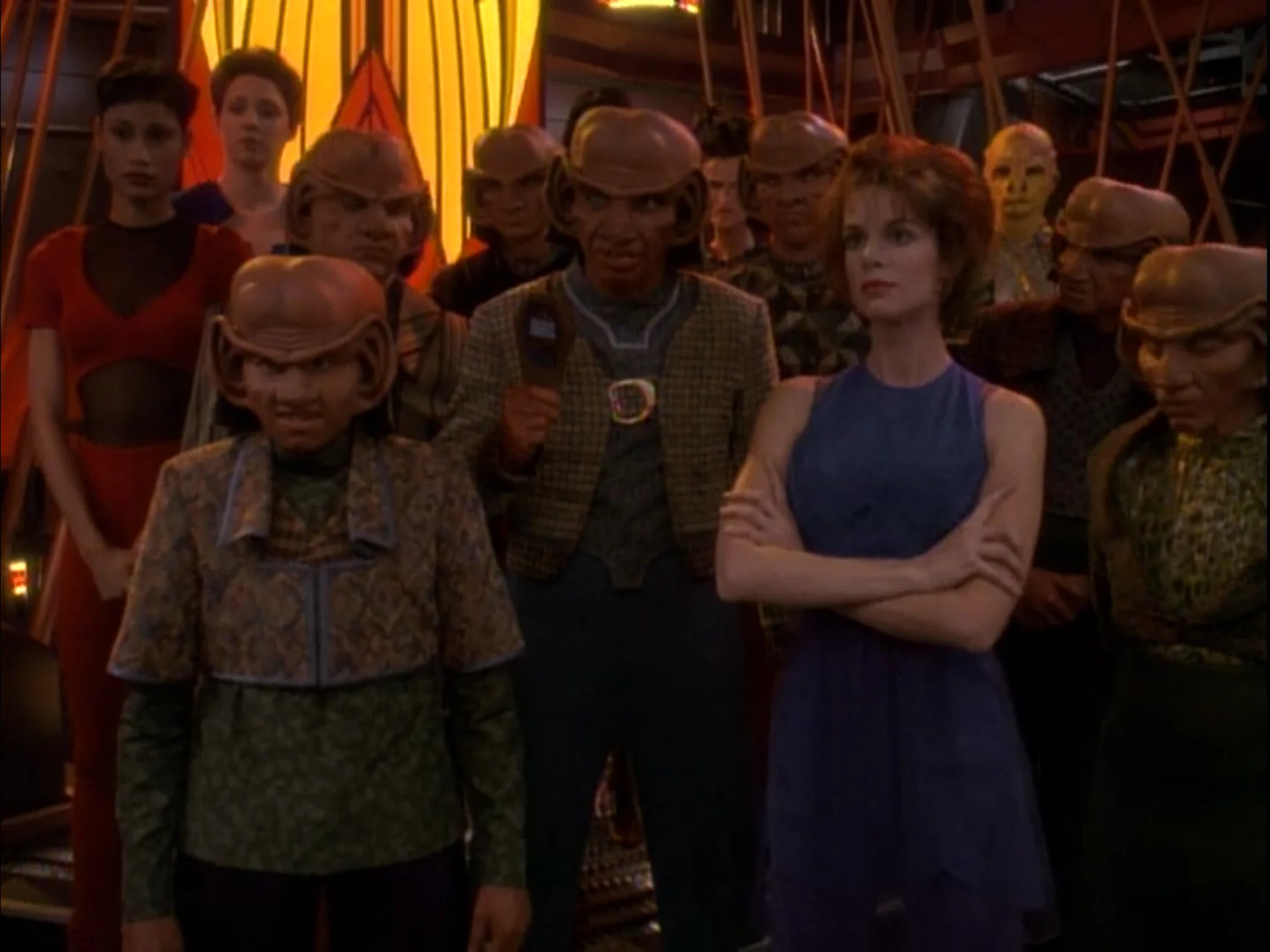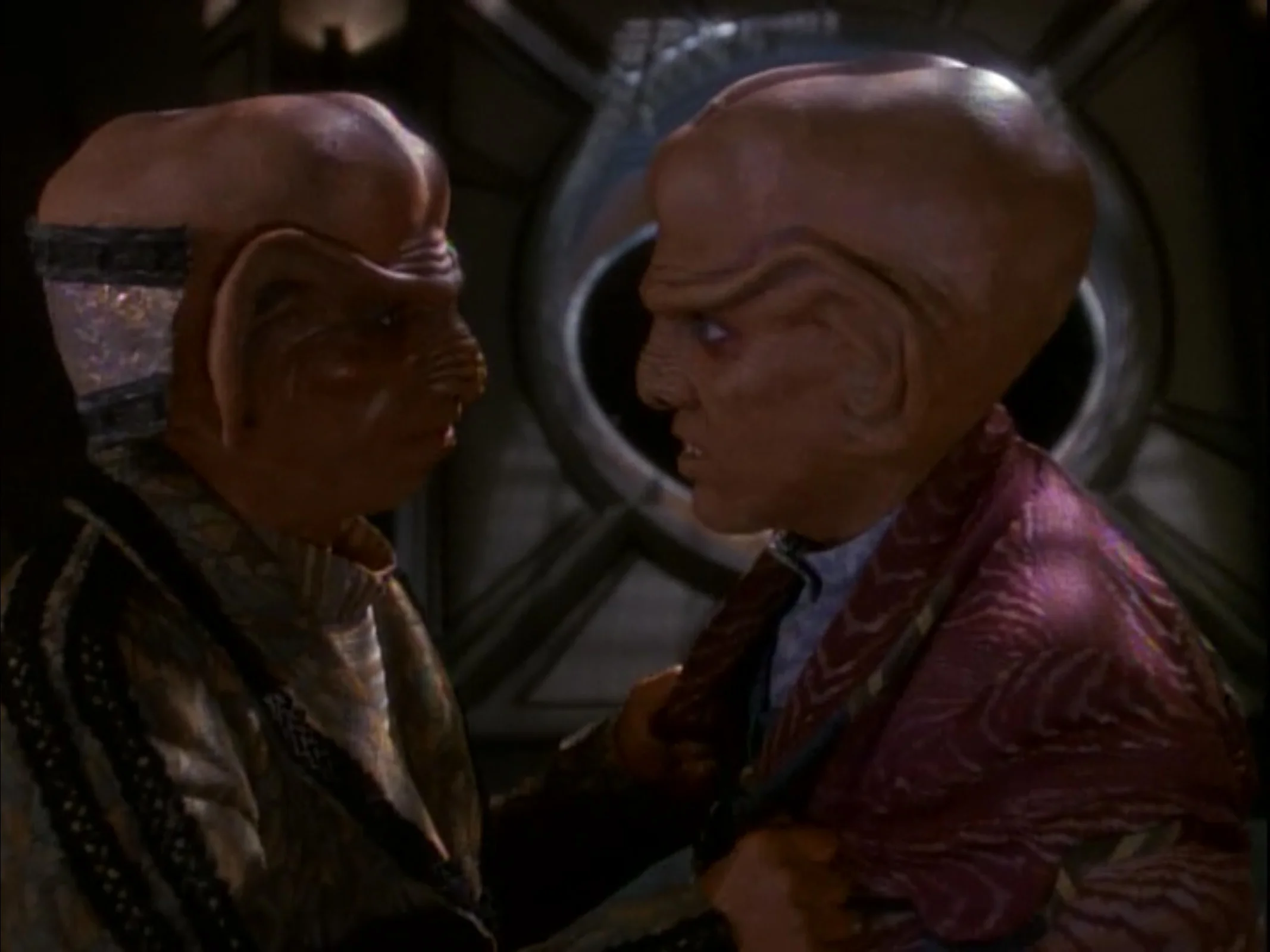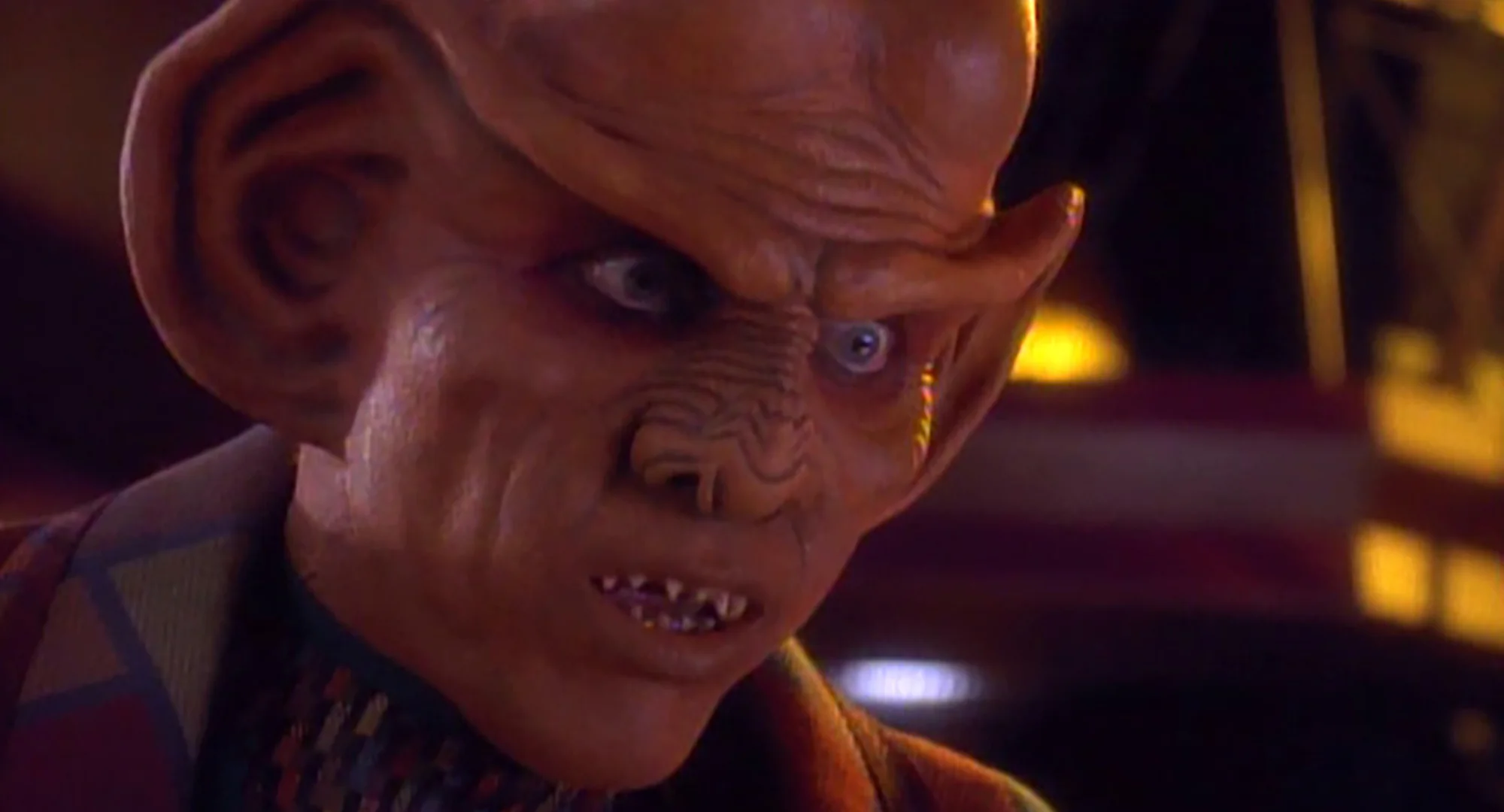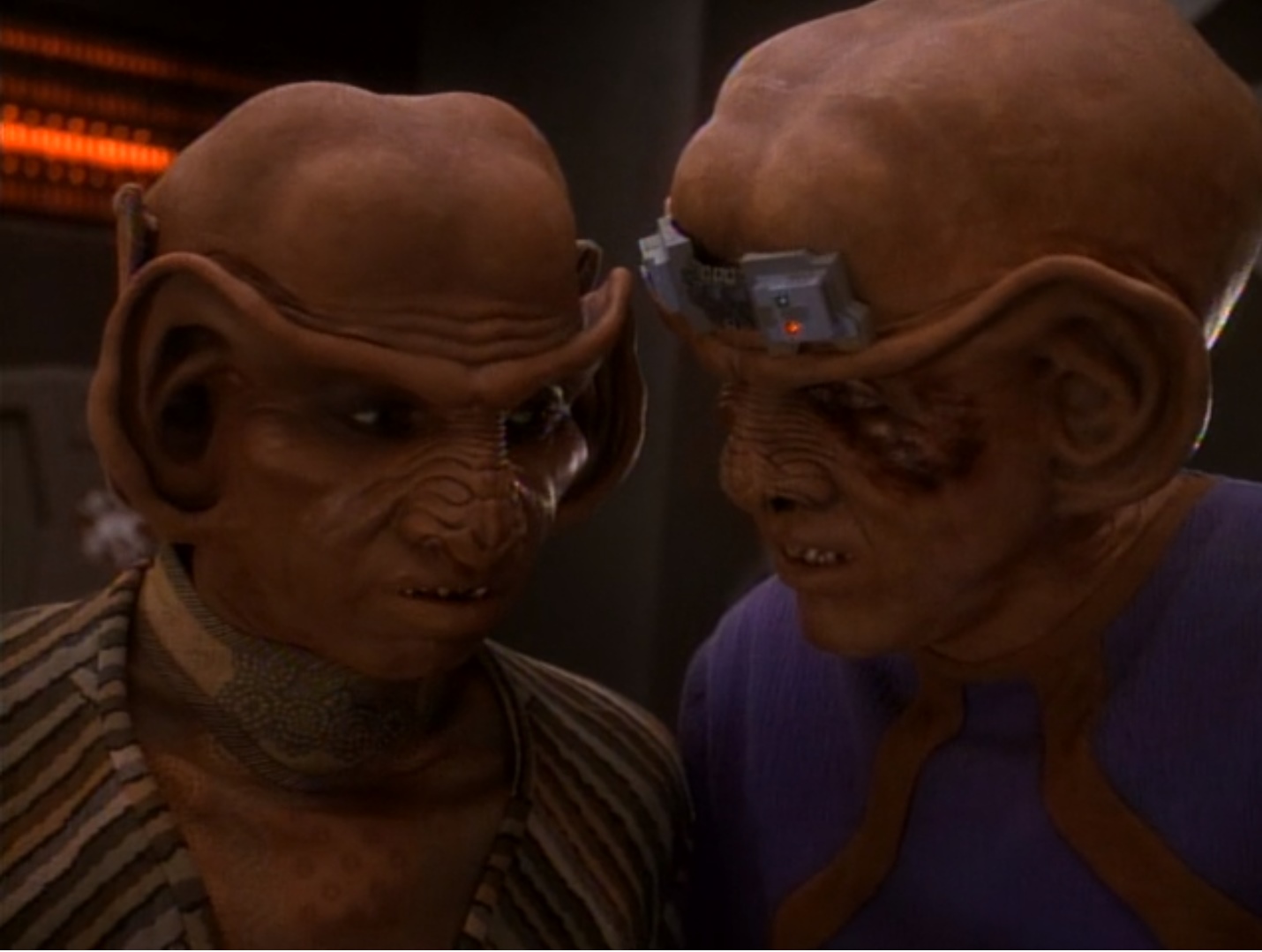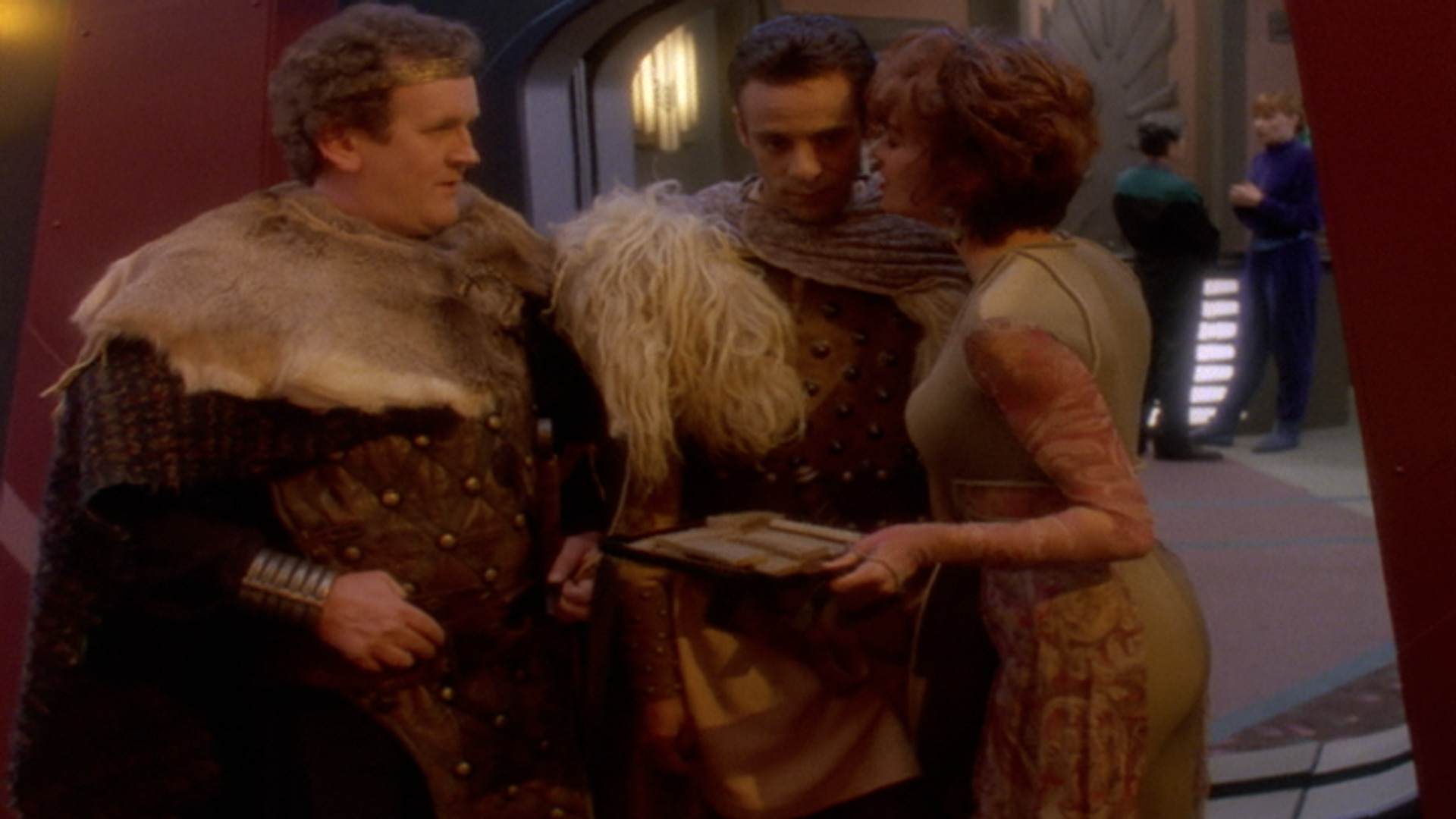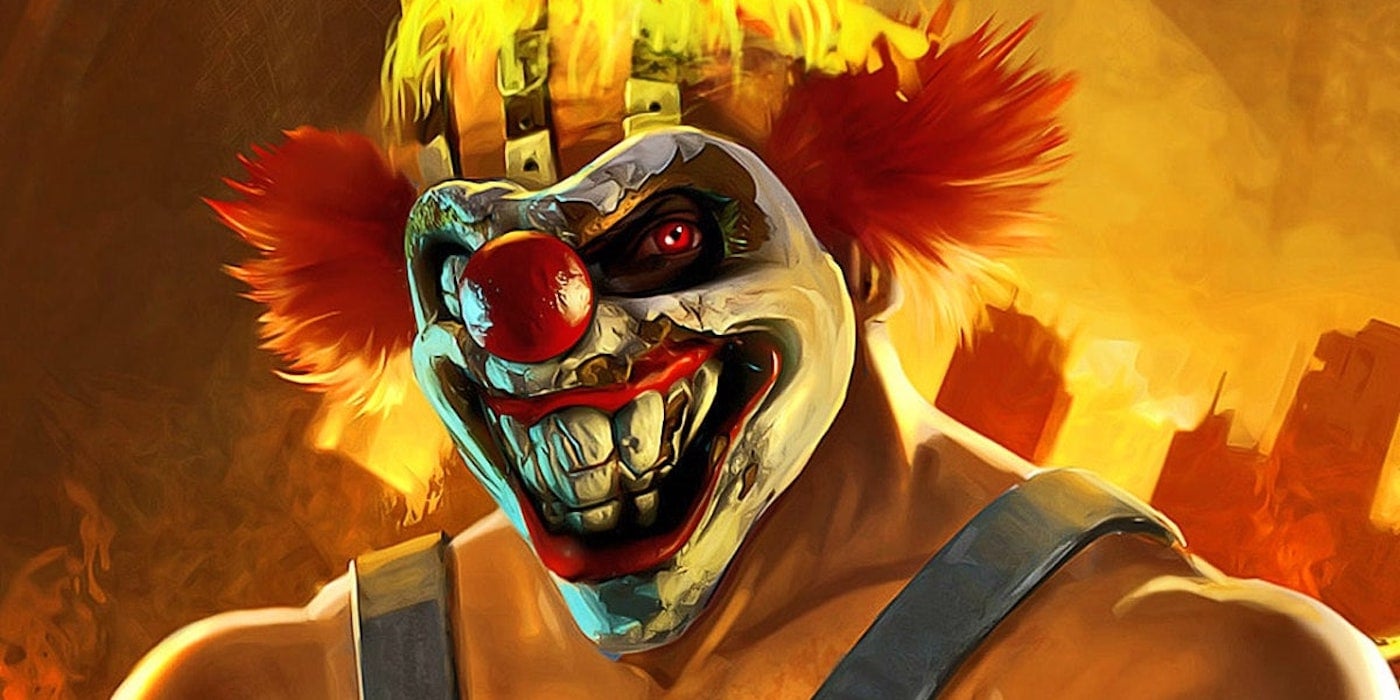This ‘Star Trek: Deep Space Nine’ Episode is Suddenly Very Relevant
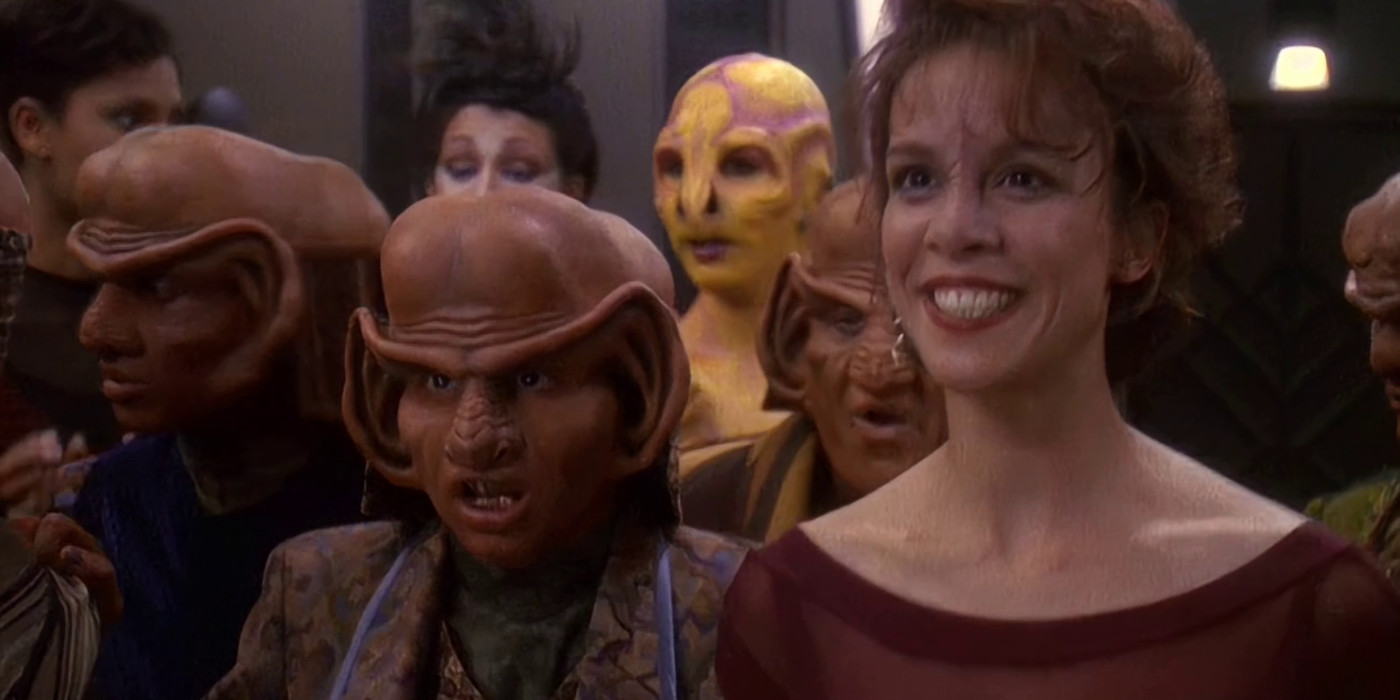

There’s a WGA strike happening. Now is the perfect time to watch the Deep Space Nine‘s episode about union organizing “Bar Association”.
Star Trek episodes sometimes have a timeless quality. Sometimes Star Trek episodes are only relevant in the moment. And on certain occasions, their relevance comes and goes with the times.
Last August the TNG episode “Angel One” suddenly became relevant for the first time ever and in the worst way possible. Now it’s Star Trek: Deep Space Nine‘s turn for a little added relevancy. As you may know, the Writers Guild of America is currently striking. There are a lot of reasons for this, but, as usual, there’s a discrepancy between how much money writers are making for themselves and how much their work makes for others.
The WGA has to contend with streaming contracts. And, in a deeply disturbing turn of events, the union also has to contend with AI. If only Star Trek had an episode that speaks to a lot of this.
In totally unrelated news…
Deep Space Nine, Ferengi, and “Bar Association”
It’s the Bajoran Time of Cleansing. We don’t know what this holy time is about exactly but cleansing means no drinking or gambling. There’s nary a holosuite rental in sight. It’s Lent on steroids. And since much of the station consists of Bajorans that means wildly depleted profit margins for Quark’s Bar!
In “Bar Association“, Quark’s brother Rom nearly dies on the floor of the bar from a nuclear-grade ear infection because Quark won’t give him time off for a doctor’s visit. Worse, Quark decides that, in order to deal with the lack of incoming profit, he’s reducing salary by a third effective immediately.
Finally, in sickbay, Rom complains to Doctor Bashir about the lack of paid time off. Bashir offhandedly suggests that Rom should start a union in order to fight for an improved contract for all the workers. Rom takes the idea to heart and before you know it Quark’s entire staff is on strike.
“Bar Association” is very funny. But it’s also one of the most serious episodes in Star Trek history precisely because it deals with the mistreatment of workers. Obviously, right at the top, the episode deals with the dangers of working while sick. Rom nearly dies of that ear infection. But “Bar Association” says a lot more about the importance of unions than just paid sick leave.
Rule of Union Acquisition #1: The Boss Always Lies
Quark makes a big stink about lost profits. But how much money is he losing, really? As a matter of fact, how much does he need money on Deep Space Nine in the first place? Rom and his fellow workers fall for this idea that Quark can’t afford to pay them–at first. But like a lot of bosses, Quark is not on the level when it comes to how much money he has, how much he’s making, and, specifically in this case what his overhead is.
When the strike takes over too much of the station, Captain Sisko brings Quark into his office. The message is clear–work things out with your brother. And when Quark says it’s easier said than done, Sisko reminds Quark that the Federation owns the station. Sisko also reminds Quark that he doe snot pay rent, no maintenance fees exist, heck the Federation even covers the ConEd bill.
And while the narrative point of the scene is that Sisko has the power to push Quark to compromise lest the Federation charge back rent, there’s another truth here. Quark basically has no overhead. Not only is there zero rent, but almost everything the bar needs for its day-to-day function comes from the replicator. So all Quark is really out is employee salary.
If one month of Bajoran cleansing is enough to bankrupt Quark, he’s a bad businessman. And if there’s one thing we know it’s that Quark is not a bad businessman. In other words, just like the companies running streaming services here in the real world, Quark can afford to pay his workers a living wage in feast or famine. At least before a strike.
Rule of Union Acquisition #2: You Can’t Easily Replace Good Workers
Arguably the most accidentally relevant moment in the entirety of “Bar Association” occurs during a scene where Odo visits Quark. Odo thinks he is speaking with the real Quark but it quickly becomes clear to the audience that something is amiss. It turns out Quark has replaced his entire staff with holographic A.I. versions of himself–and they do not work well! They glitch at even basic conversation and often crash completely yielding broken merchandise.
So, a couple of things. Firstly, and this dovetails nicely with the “boss always lies” section: if Quark’s Bar is so hard up for clientele, then why does he need holographic staff in the first place? The answer is that he doesn’t. Quark’s Bar is doing just fine. The largest issue he has isn’t Bajoran cleaning, it’s people unwilling to cross a picket line.
Quark can try and white knuckle through with cheap A.I. but, again, the result is more loss of profit than gain. And this is a critical thing to understand in real life in 2023. Yes, ChatGPT and other “A.I.” programs can technically write, but they are algorithmic and can only create cheap, sometimes outright plagiarized versions of actual human work.
A.I. does not work for Quark. And while I’m sure there are executives out there who wish A.I. could prevent companies from having to pay pesky human writers, it doesn’t really work that way–especially if there’s a union involved to make sure it doesn’t. And that’s the biggest lesson.
Deep Space Nine Hates Scabs
There’s only one Ferengi working at Quark’s who nearly acquiesces to pressure and returns to work. He’s played like exactly what he is–a craven coward. But there’s another great story in “Bar Association” which involves the actual consequences for Quark.
Quark’s Bar is a representation of the problems inherent in the Ferengi Commerce Authority. The FCA is the organization that creates the bylaws denying Ferengi the right to unionize. Quark sidles up to Brunt, the FCA rep thinking that’s the smart play. But in the end, Brunt literally beats Quark nearly to death because he thinks that will end the strike.
Quark does not benefit by refusing to negotiate with Rom and the union. In fact, Quark, in many ways, is just another worker. Yes, he owns the business in a way, but really the FCA owns both it and him. Do you know what changes that? Working with a union. Making a compromise. Paying workers a fair wage and offering them benefits. Turns out that when workers have the power, no one is in shackles. Go figure.
Deep Space Nine Loves Unions
Deep Space Nine gets a lot of things right. It spends a lot of time on the notion that unions are good for workers. But it also acknowledges that unions need support to get things done. If workers cave, the union can’t push for better wages and working conditions.
The same is true of people outside the union. The people visiting the station may still go into Quark’s because they don’t know or care about a strike. That’s why other people working and living at the station need to step up. Miles O’Brien steps up so hard that he literally winds up in a physical altercation with Worf. And he does it because he knows that Quark does need to see that a strike costs him money.
Speaking of O’Brien, he says the most important thing of all. When O’Brien tells Rom about his ancestor (and union leader) Sean O’Brien, Bashir calls him a hero. O’Brien corrects him: “he was more than a hero, he was a union man”.
And that right there is the point of it all. Sean O’Brien or Rom or anyone else could go in it for themselves. Heck, at one point Quark tries to buy Rom off. But the goal isn’t heroism or success on a solitary level. In fact, a win for the one never lasts long. A union member knows that the endgame isn’t a personal victory, but rights for the community.
Like a very wise Ferengi once said, “Workers of the World, unite! You have nothing to lose but your chains.”

